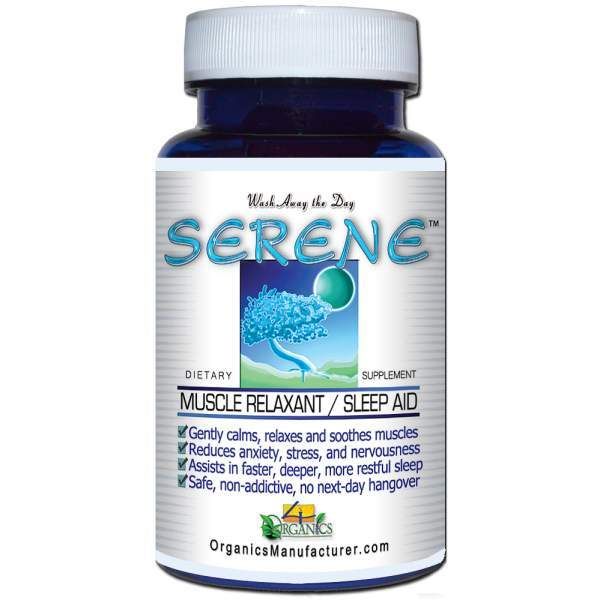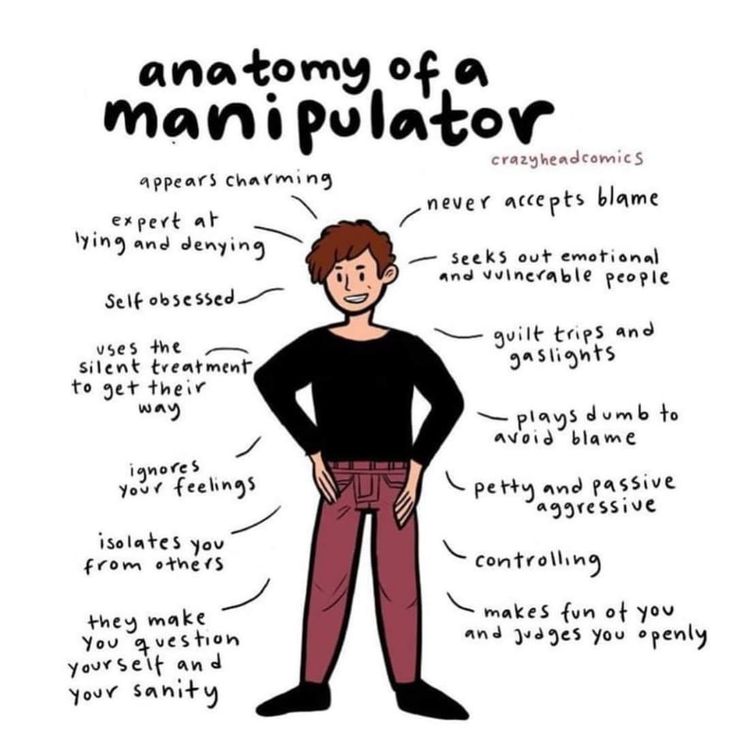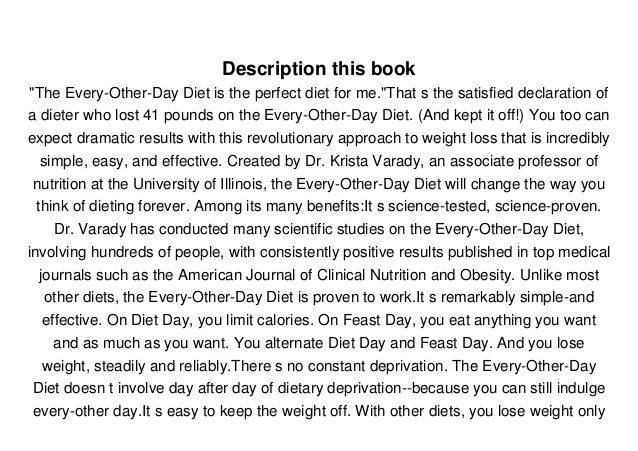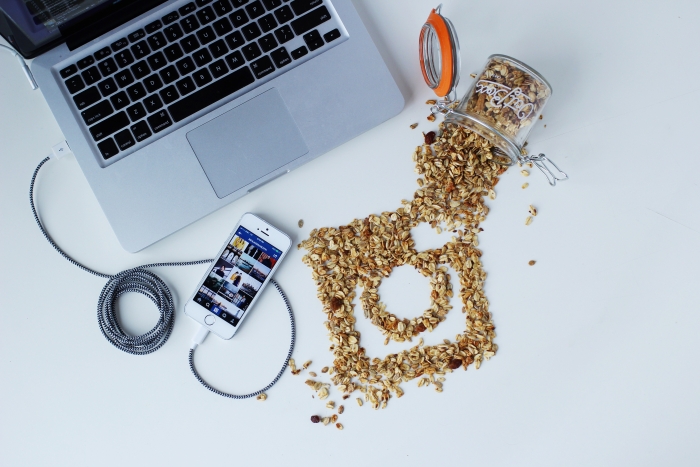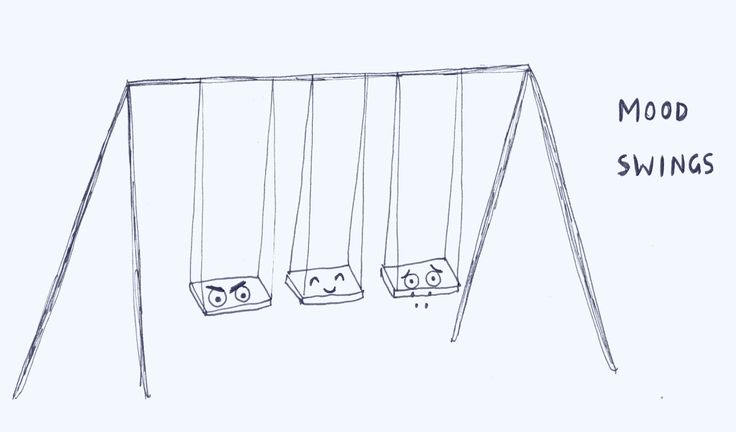Diet for reducing anxiety
Nutritional strategies to ease anxiety
According to the National Institute of Mental Health, anxiety disorders are the most common mental illness in the United States. That’s 40 million adults—18% of the population—who struggle with anxiety. Anxiety and depression often go hand in hand, with about half of those with depression also experiencing anxiety.
Specific therapies and medications can help relieve the burden of anxiety, yet only about a third of people suffering from this condition seek treatment. In my practice, part of what I discuss when explaining treatment options is the important role of diet in helping to manage anxiety.
In addition to healthy guidelines such as eating a balanced diet, drinking enough water to stay hydrated, and limiting or avoiding alcohol and caffeine, there are many other dietary considerations that can help relieve anxiety. For example, complex carbohydrates are metabolized more slowly and therefore help maintain a more even blood sugar level, which creates a calmer feeling.
A diet rich in whole grains, vegetables, and fruits is a healthier option than eating a lot of simple carbohydrates found in processed foods. When you eat is also important. Don’t skip meals. Doing so may result in drops in blood sugar that cause you to feel jittery, which may worsen underlying anxiety.
The gut-brain axis is also very important, since a large percentage (about 95%) of serotonin receptors are found in the lining of the gut. Research is examining the potential of probiotics for treating both anxiety and depression.
Make these foods a part of your anti-anxiety diet
You might be surprised to learn that specific foods have been shown to reduce anxiety.
- In mice, diets low in magnesium were found to increase anxiety-related behaviors. Foods naturally rich in magnesium may, therefore, help a person to feel calmer. Examples include leafy greens, such as spinach and Swiss chard. Other sources include legumes, nuts, seeds, and whole grains.
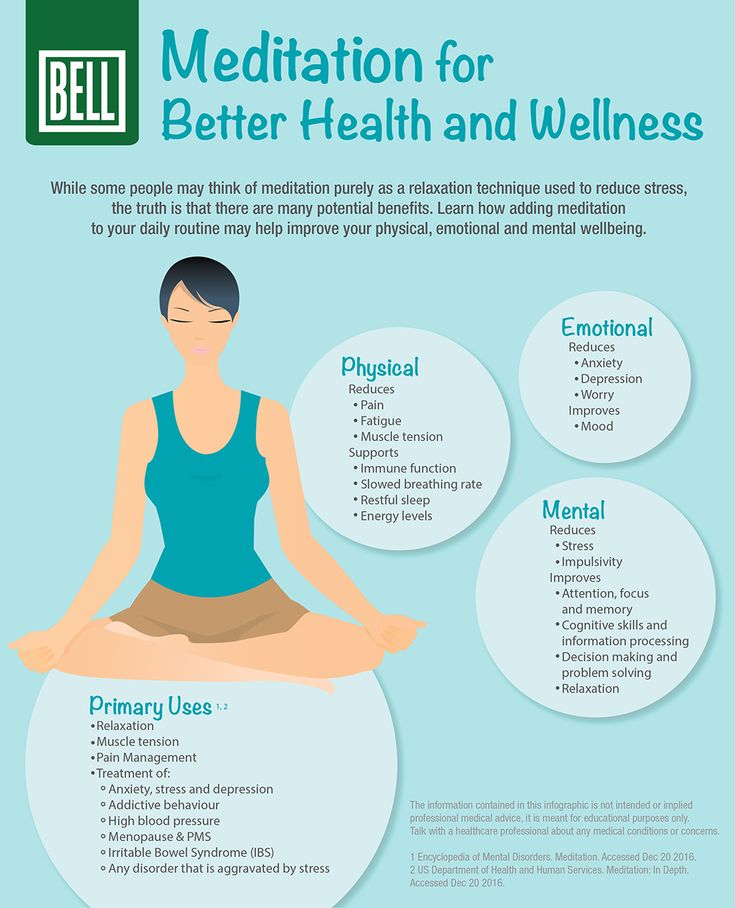
- Foods rich in zinc such as oysters, cashews, liver, beef, and egg yolks have been linked to lowered anxiety.
- Other foods, including fatty fish like wild Alaskan salmon, contain omega-3 fatty acids. A study completed on medical students in 2011 was one of the first to show that omega-3s may help reduce anxiety. (This study used supplements containing omega-3 fatty acids). Prior to the study, omega-3 fatty acids had been linked to improving depression only.
- A study in the journal Psychiatry Research suggested a link between probiotic foods and a lowering of social anxiety. Eating probiotic-rich foods such as pickles, sauerkraut, and kefir was linked with fewer symptoms.
- Asparagus, known widely to be a healthy vegetable. Based on research, the Chinese government approved the use of an asparagus extract as a natural functional food and beverage ingredient due to its anti-anxiety properties.
- Foods rich in B vitamins, such as avocado and almonds
- These "feel good" foods spur the release of neurotransmitters such as serotonin and dopamine.
 They are a safe and easy first step in managing anxiety.
They are a safe and easy first step in managing anxiety.
Should antioxidants be included in your anti-anxiety diet?
Anxiety is thought to be correlated with a lowered total antioxidant state. It stands to reason, therefore, that enhancing your diet with foods rich in antioxidants may help ease the symptoms of anxiety disorders. A 2010 study reviewed the antioxidant content of 3,100 foods, spices, herbs, beverages, and supplements. Foods designated as high in antioxidants by the USDA include:
- Beans: Dried small red, Pinto, black, red kidney
- Fruits: Apples (Gala, Granny Smith, Red Delicious), prunes, sweet cherries, plums, black plums
- Berries: Blackberries, strawberries, cranberries, raspberries, blueberries
- Nuts: Walnuts, pecans
- Vegetables: Artichokes, kale, spinach, beets, broccoli
- Spices with both antioxidant and anti-anxiety properties include turmeric (containing the active ingredient curcumin) and ginger.
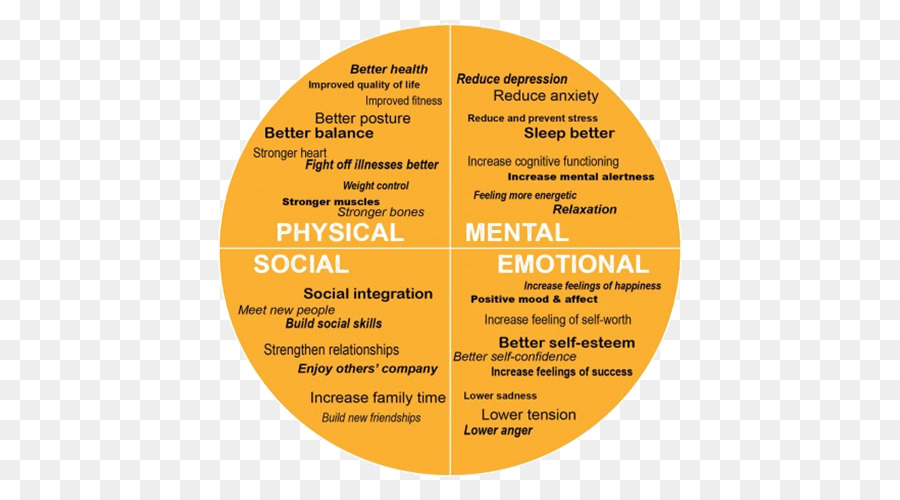
Achieving better mental health through diet
Be sure to talk to your doctor if your anxiety symptoms are severe or last more than two weeks. But even if your doctor recommends medication or therapy for anxiety, it is still worth asking whether you might also have some success by adjusting your diet. While nutritional psychiatry is not a substitute for other treatments, the relationship between food, mood, and anxiety is garnering more and more attention. There is a growing body of evidence, and more research is needed to fully understand the role of nutritional psychiatry, or as I prefer to call it, Psycho-Nutrition.
9 foods that help reduce anxiety
We include products we think are useful for our readers. If you buy through links on this page, we may earn a small commission. Here’s our process.
Following a nutrient-dense diet rich in vegetables, fruits, and other healthy foods may help some people manage their anxiety symptoms.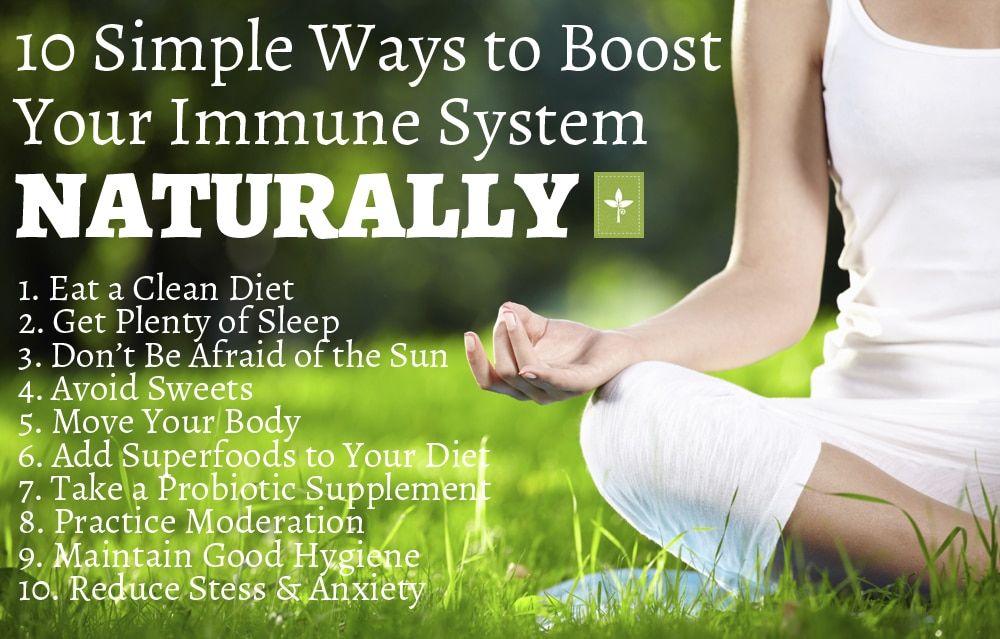
Anxiety is a widespread condition, affecting millions of people globally. Symptoms vary, and some people experience them only now and then. However, someone who experiences symptoms for 6 months or longer may have generalized anxiety disorder (GAD).
GAD has psychological and physical symptoms such as:
- fear
- tension
- excessive worry about everyday events and problems
- irritability
- difficulty concentrating
- issues with personal, social, and work relationships
- heart palpitations and elevated heart rate
- muscle tension
- chest tightness
Doctors often treat GAD with a combination of treatments, including talk therapy, such as cognitive behavioral therapy (CBT), and medications. Sometimes, these conventional treatments do not work long-term. However, some research suggests that proper nutrition may help improve symptoms.
Transitioning to a healthier dietary pattern rich in nutrients may help ease anxiety symptoms in some people.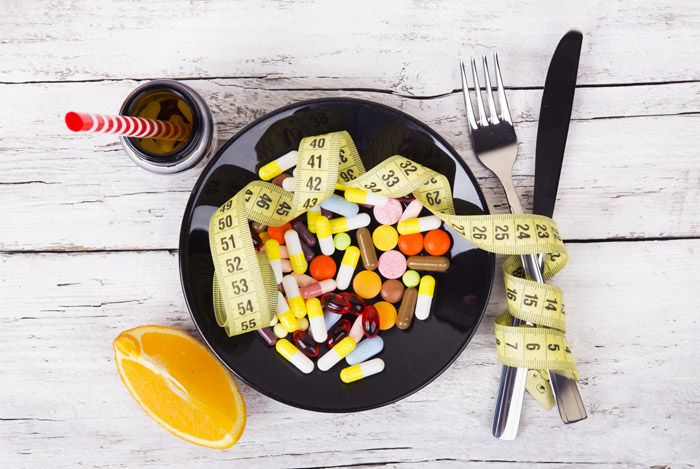 Overall dietary intake, along with therapy and medication, can be a helpful tool for anxiety management. Consuming the following foods may help reduce anxiety in some people.
Overall dietary intake, along with therapy and medication, can be a helpful tool for anxiety management. Consuming the following foods may help reduce anxiety in some people.
1. Fatty fish
Fatty fish, such as salmon, mackerel, sardines, trout, and herring, are high in omega-3s. Omega-3s are a type of fatty acids that have a strong relationship to cognitive function and mental health.
Omega-3s
Omega-3-rich foods contain either alpha-linolenic acid (ALA) or two essential fatty acids: eicosapentaenoic acid (EPA) and docosahexaenoic acid (DHA).
EPA and DHA regulate neurotransmitters, reduce inflammation, and promote healthy brain function.
A small study on 24 people with substance misuse problems found that EPA and DHA supplementation resulted in reduced levels of anxiety. However, supplements generally contain a more concentrated form of nutrients than foods do.
A 2018 review found that reduced anxiety symptoms were associated with omega-3 polyunsaturated fatty acid treatment.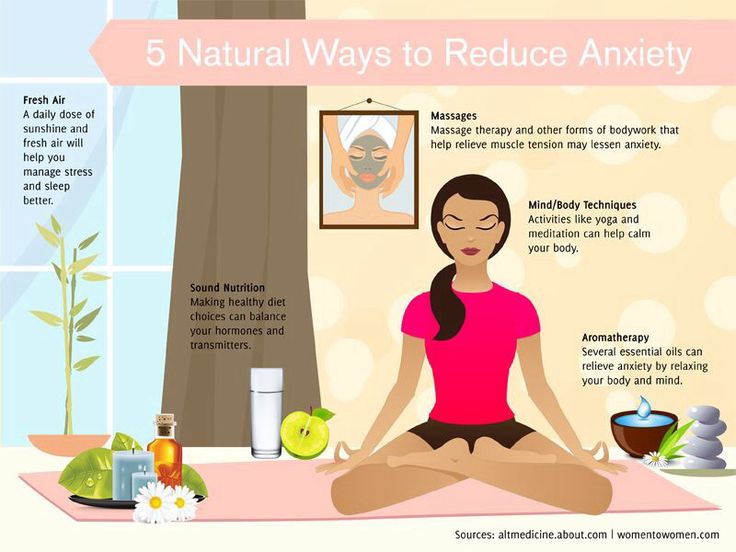 The effects were stronger in participants with clinical anxiety symptoms.
The effects were stronger in participants with clinical anxiety symptoms.
Current recommendations suggest eating at least two servings of fatty fish per week. A study conducted on men found that eating salmon three times per week reduced self-reported anxiety.
Vitamin D
Salmon and sardines are also among the few foods that contain vitamin D.
Researchers are increasingly linking vitamin D deficiency to mood disorders such as anxiety.
Research has linked low levels of vitamin D in the blood to depression and anxiety traits, though more studies are needed. People with vitamin D deficiency should consider taking high dose supplements rather than eating fatty fish alone.
Other studies on pregnant women and older adults have also highlighted how vitamin D might improve mood.
2. Eggs
Egg yolks, especially from pasture-raised hens, are another good source of vitamin D.
Eggs are also an excellent source of protein. They are a complete protein, meaning they contain all the essential amino acids the body needs for growth and development.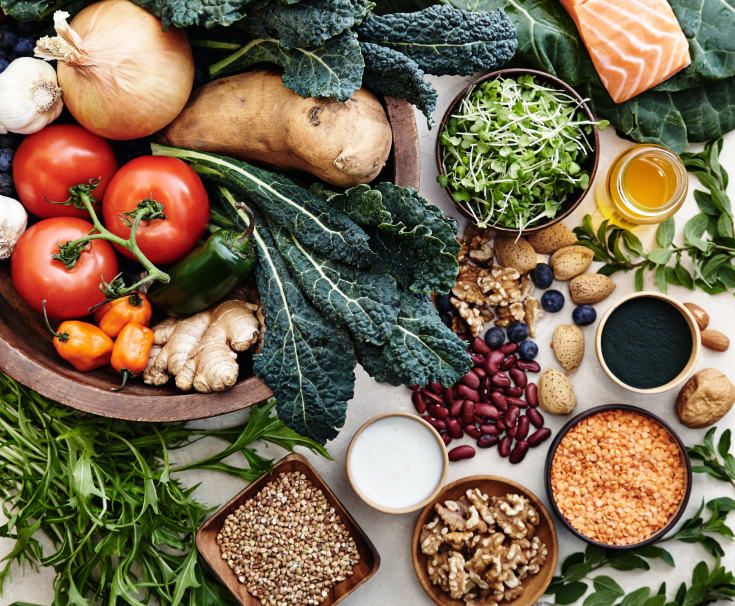
Eggs also contain tryptophan, an amino acid that helps create serotonin. Serotonin is a chemical neurotransmitter found in the brain, bowels, and blood platelets that helps regulate mood, sleep, memory, and behavior.
Serotonin is thought to improve brain function and relieve anxiety. However, it cannot cross the blood-brain barrier, meaning food and treatments containing serotonin do not supply serotonin directly but can trigger chemical reactions boosting serotonin in the brain.
Some studies suggest that diet and gut microbiota could play a role in preventing and treating symptoms related to anxiety. More research is needed to confirm whether this is possible.
3. Pumpkin seeds
Pumpkin seeds are an excellent source of potassium, which helps regulate electrolyte balance and manage blood pressure. An older 2008 study found that lower potassium and magnesium levels were associated with high levels of cortisol, a stress hormone that the adrenal glands release.
Eating potassium-rich foods, such as pumpkin seeds and bananas, may help reduce symptoms of stress and anxiety.
Pumpkin seeds are also a good source of the mineral zinc. One study carried out on 100 female high school students found that serum zinc levels were inversely related to mood disorders, including depression and anxiety. These results suggest that increasing serum levels of zinc could improve mood disorders in some people.
Zinc is essential for brain and nerve development. The largest storage sites of zinc in the body are in the brain regions involved with emotions.
4. Dark chocolate
Share on PinterestResearchers have found that dark chocolate may help reduce stress.Experts have long suspected that dark chocolate might help reduce stress and anxiety.
Some research has found that dark chocolate or cocoa may improve mood via the gut-brain axis. However, many of the existing studies on this subject are observational, so it is important to interpret the results with caution.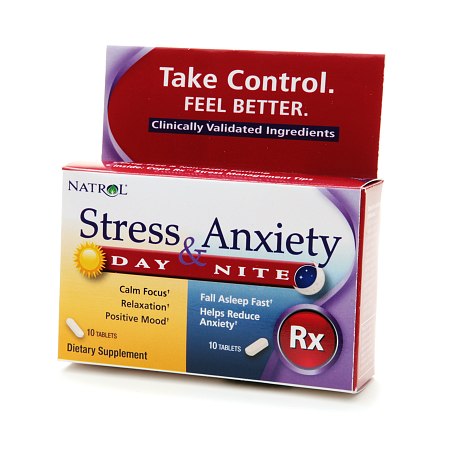
Although it is still unclear how dark chocolate may improve mood or stress, dark chocolate is a rich source of polyphenols, especially flavonoids. One study suggests that flavonoids might reduce neuroinflammation and cell death in the brain as well as improve blood flow.
Chocolate has a high content of tryptophan, which the body uses to turn into mood-enhancing neurotransmitters such as serotonin in the brain.
Dark chocolate is also a good source of magnesium. Eating a diet with enough magnesium in it or taking supplements may reduce symptoms of stress and anxiety.
People with magnesium deficiency should consider taking high dose supplements rather than eating dietary sources alone.
When choosing dark chocolate, aim for 70% cacao or more. Dark chocolate still contains added sugars and fats, so a small serving of 1–3 grams (g) is appropriate.
5. Turmeric
Turmeric is a spice commonly used in Indian and Southeast Asian cooking. The active ingredient in turmeric, called curcumin, may help lower anxiety by reducing inflammation and oxidative stress that often increase in people experiencing mood disorders such as anxiety and depression.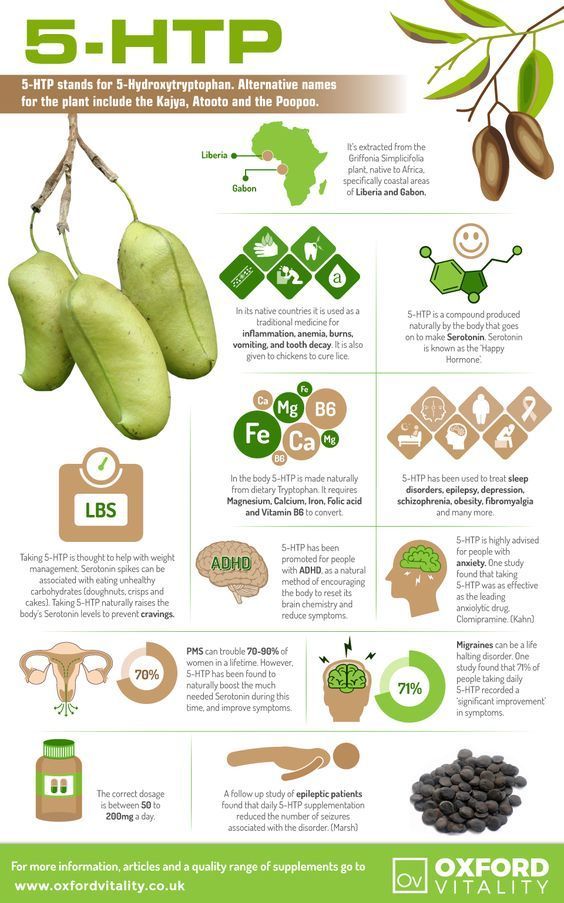
A 2015 study found that 1 g of curcumin per day reduced anxiety in adults with obesity. People should discuss supplementation with their doctor if they are interested in high dose curcumin products.
Another study found that an increase of curcumin in the diet also increased DHA and reduced anxiety. Turmeric is easy to add to meals. It has minimal flavor, so it goes well in smoothies, curries, and casserole dishes.
6. Chamomile
Many people around the world use chamomile tea as an herbal remedy because of its anti-inflammatory, antibacterial, antioxidant, and relaxant properties.
Some people believe that the relaxant and anti-anxiety properties come from the flavonoids present in chamomile.
One study found that taking 1,500 milligrams (mg) of chamomile extract per day (a 500-mg capsule three times per day) did reduce anxiety symptoms. However, it did not prevent new episodes of anxiety.
Chamomile tea may be useful in managing anxiety. It is readily available and safe to use in high doses.
7. Yogurt
Yogurt contains the healthy bacteria Lactobacillus and Bifidobacteria. Emerging evidence suggests that these bacteria and fermented products have positive effects on brain health.
According to a 2017 clinical review, yogurt and other dairy products may also produce an anti-inflammatory effect in the body. Some research suggests that chronic inflammation may be partly responsible for anxiety, stress, and depression.
A 2015 study found fermented foods reduced social anxiety in some young people, while multiple studies have found that consuming healthy bacteria can increase happiness in some people.
Including yogurt and other fermented foods in the diet can benefit the natural gut bacteria and may reduce anxiety and stress.
Fermented foods include cheese, sauerkraut, kimchi, and fermented soy products.
8. Green tea
Green tea contains an amino acid called theanine, which has been subject to increasing scrutiny because of its potential effects on mood disorders.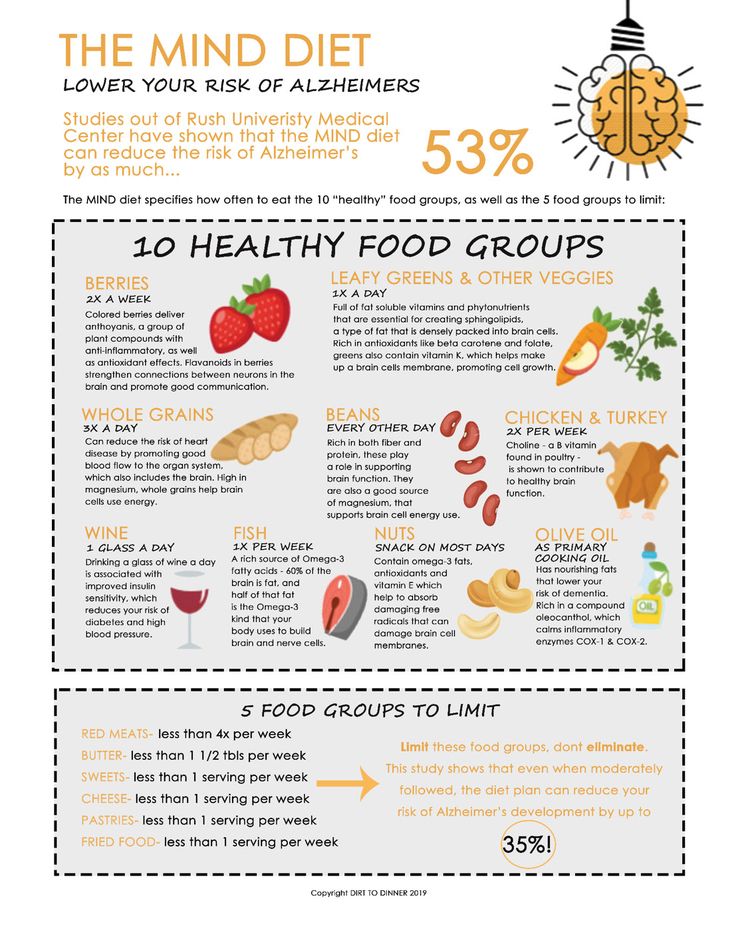 Theanine has anti-anxiety and calming effects and may increase the production of serotonin and dopamine.
Theanine has anti-anxiety and calming effects and may increase the production of serotonin and dopamine.
A 2017 review found that 200 mg of theanine improved self-reported relaxation and calmness while reducing tension in human trials.
Green tea is easy to add to the day-to-day diet. It is a suitable replacement for soft drinks, coffee, and alcoholic beverages.
9. Brazil nuts
Share on PinterestBrazil nuts contain selenium, which may help improve mood.Brazil nuts are high in selenium. Selenium may improve mood by reducing inflammation, which is often at heightened levels when someone has a mood disorder such as anxiety.
Selenium is also an antioxidant, which helps prevent cell damage.
Other nuts, animal products, and vegetables, such as mushrooms and soybeans, are excellent sources of selenium as well.
It is important not to consume too much selenium, as it can cause side effects. The recommended upper limit for selenium for an adult is 400 micrograms per day.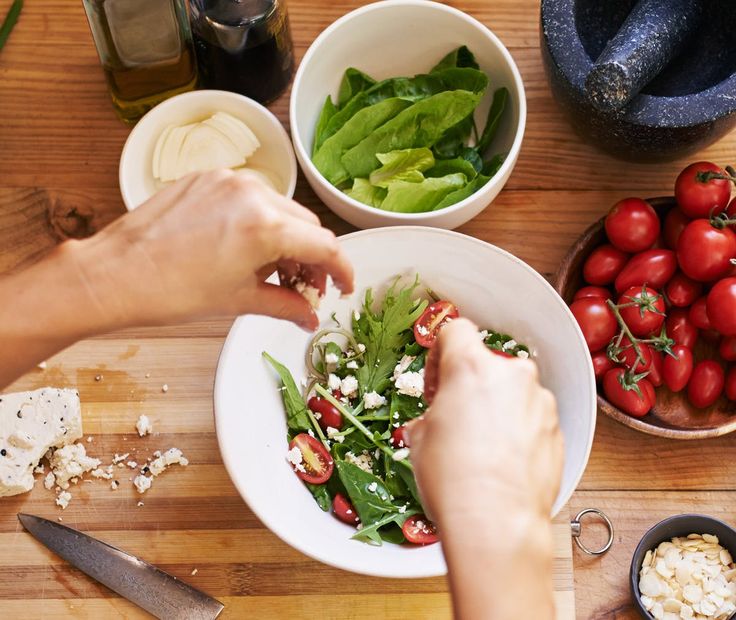 Be careful not to take high dose supplements or eat more than three or four Brazil nuts per day.
Be careful not to take high dose supplements or eat more than three or four Brazil nuts per day.
Brazil nuts and other nuts are also good sources of vitamin E, an antioxidant. Antioxidants can be beneficial for treating anxiety, and some research has shown that low levels of vitamin E may lead to anxiety in children.
A rodent study found that Brazil nuts can help address anxiety and obesity in mice. However, more human studies are necessary.
Share on PinterestSwiss chard contains magnesium, which may help ease anxiety.
It is best to eat a varied and balanced diet that includes high quality, nutrient-dense carbohydrates, fats, and proteins.
Aim for whole foods, vegetables, fruit, legumes, whole grains, lean meats, and especially fish. Other foods that may help include:
- turkey and other tryptophan-containing foods, such as eggs, dark chocolate, cheese, pineapple, bananas, oats, and tofu
- nuts, especially almonds — an excellent source of vitamin E that may help prevent vitamin E deficiency, which is linked to mood disorders
- chia seeds, which are a good source of omega-3s
- protein sources, such as lean meat, fish, nuts, and dairy, which provide amino acids that the body converts into mood-lifting neurotransmitters such as serotonin
- spinach and Swiss chard, which are both high in magnesium
- fruits such as berries, cherries, and citrus
Evidence increasingly shows that diets high in processed foods can increase anxiety.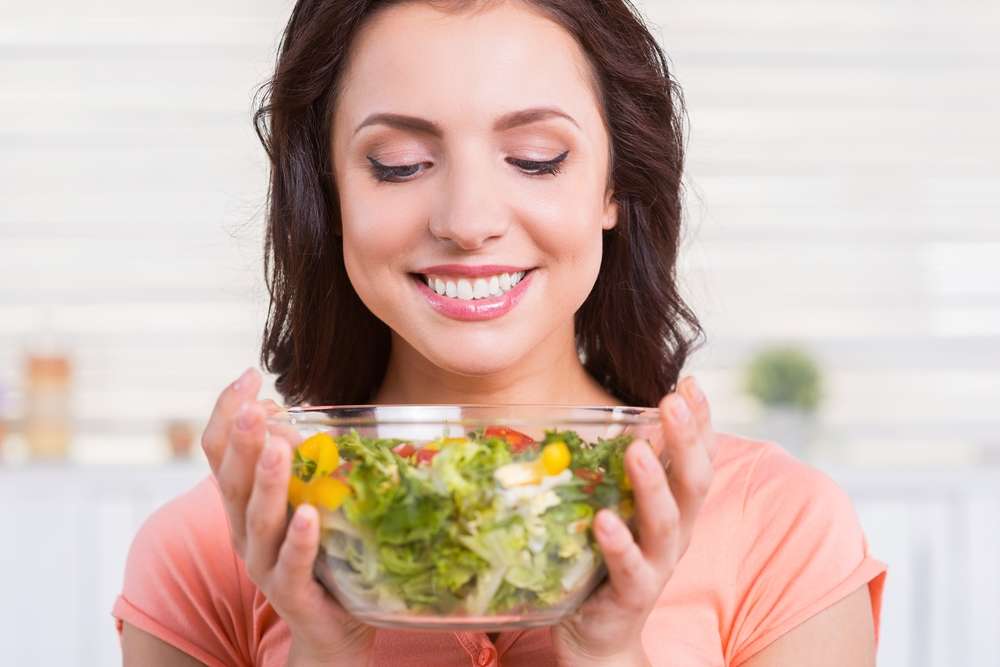
When a person is experiencing anxiety and stress, it is always best for them to seek out a specialist, such as a psychologist.
Sometimes, a doctor or mental health professional may recommend talk therapy such as CBT to manage anxiety and stress. Doctors or psychiatrists may prescribe medications such as serotonin-norepinephrine reuptake inhibitors (SNRIs), selective serotonin reuptake inhibitors (SSRIs), or benzodiazepines.
People should follow a doctor’s instructions when using these drugs, as they can have severe and possibly life threatening adverse effects.
Eating a healthy diet should provide all the nutrients needed for healthy brain function.
A nutritious diet that contains antioxidant and anti-inflammatory compounds, vitamins, and minerals might help reduce inflammation and oxidative stress.
Anti anxiety diet. What Foods to Eat for Anxiety, Stress, Panic Disorder
In this article I will talk about what should be diet for stress, anxiety, anxiety and nervousness, in case of panic attacks and depression.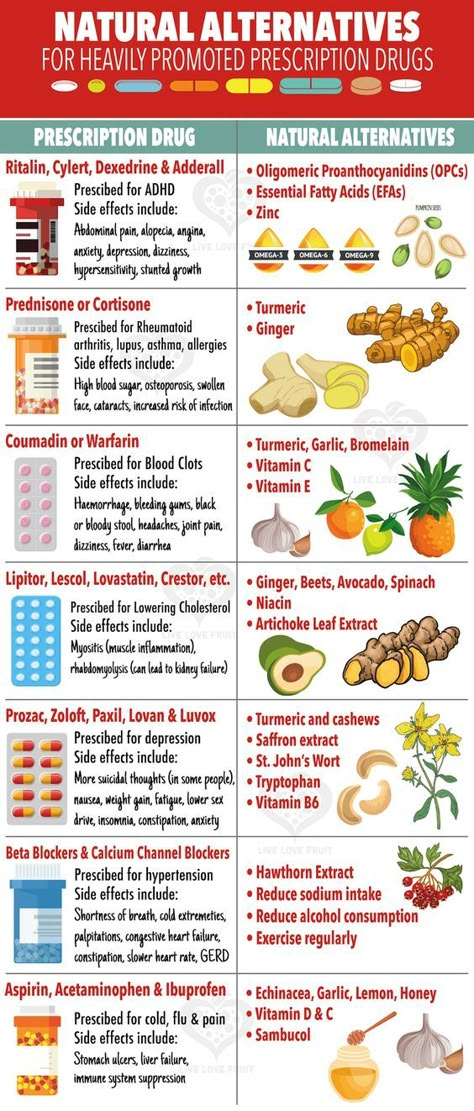
Food is the most important part of our life. The average person spends more than 2 hours a day cooking and eating. But very often we do not realize the effect this food has on our mood and well-being.
Modern people attach great importance to pills that stabilize anxiety, sedatives, antidepressants. But they forget that ordinary food contains a lot of natural “antidepressants”, and that by planning our diet in a certain way, we can reduce anxiety levels and make it easier for ourselves to deal with anxiety and stress.
There are also bad eating habits, that is, habits of eating food in a certain way, which lead to increased stress and anxiety. These habits are not uncommon: there is a high probability that you suffer from them, but you yourself do not realize it!
There are foods that increase serotonin levels, improving our mood, but there are also foods that, on the contrary, increase anxiety and tension.
And I'll start with foods that anxious people should avoid.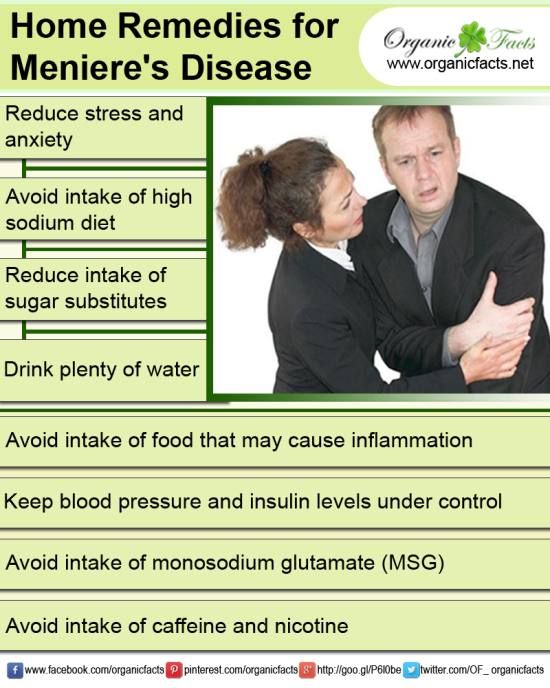 But before moving on to that, allow one word of warning. Diet is extremely important for a person, however, even a perfectly matched composition of products will not help every person to completely get rid of anxiety, depression or panic attacks. Overcoming these ailments requires constant psychological work. And the right diet can be a reliable help for this work, a necessary condition for it, but not a panacea in itself. In other words, it makes it easier for you to work on eliminating your anxiety, but it cannot completely replace this work.
But before moving on to that, allow one word of warning. Diet is extremely important for a person, however, even a perfectly matched composition of products will not help every person to completely get rid of anxiety, depression or panic attacks. Overcoming these ailments requires constant psychological work. And the right diet can be a reliable help for this work, a necessary condition for it, but not a panacea in itself. In other words, it makes it easier for you to work on eliminating your anxiety, but it cannot completely replace this work.
What should I say no to?
Which foods should be avoided or reduced?
No caffeine (Coffee, tea) and other stimulants!
Many have already noticed how coffee increases anxiety and can even cause panic attacks. This happens for several reasons.
The caffeine in coffee causes an increased release of adrenaline and norepinephrine. These are the same “hormones of fear and panic” that our body produces when faced with mortal danger or during a panic attack. Along with this, the sympathetic nervous system is activated, which is responsible for the state of nervous excitement, a sense of danger.
Along with this, the sympathetic nervous system is activated, which is responsible for the state of nervous excitement, a sense of danger.
Caffeine causes vitamins and substances essential for fighting stress (eg calcium and vitamin B1) to be rapidly eliminated from the body, contributing to an increase in stress levels.
I know this is not good news for coffee drinkers who suffer from anxiety. But do not rush to get upset. As I wrote in the article “how to stop drinking coffee”, the systematic use of coffee is just a habit, giving up which you will not lose your source of energy and good mood, but, on the contrary, over time you will feel an increase in tone, improved sleep and an increase in strength, so how your body will move into a more natural mode of operation and will distribute energy more balanced throughout the day.
If quitting coffee completely isn't for you, or you're not ready for it just yet, consider the following tips. Some of them are based only on personal experience, I cannot confirm them with scientific calculations.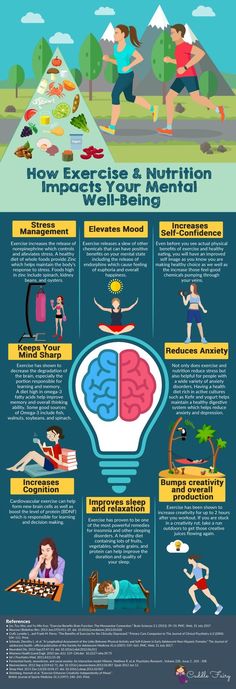 However, you can experiment and see if they suit you.
However, you can experiment and see if they suit you.
How to minimize the harm of coffee?
Drink more water. Caffeine helps flush fluids out of the body. To compensate for this, it is necessary to drink more ordinary water during the day.
Remember caffeine is different.
My personal observation is that caffeine works differently in different drinks. For example, coffee puts me in a state of anxiety and fear. A good green tea (naturally, not from a bag), on the contrary, even soothes, despite the fact that, like coffee, it gives strength and energy.
Turn mindless coffee drinking into a coffee ritual!
There is a great way to reduce nervous system arousal from drinking coffee or tea. Instead of automatically absorbing coffee or tea in large sips in front of the monitor, while doing work at the same time, make this a small ritual, some kind of coffee or tea ceremony.
Move away from the computer or TV. Let nothing distract you. Hold the mug in your hands, feel its warmth. Slowly bring it to your face and inhale the aroma of the drink. Repeat this a couple more times, taking a few deep breaths. Then, slowly take a sip of the drink, but don't rush to swallow! Hold it in your mouth, feel its taste, its temperature. What do you feel? Bitterness or sweetness? Or maybe both? Do the sensations differ in different parts of the mouth? Just watch. And then swallow and watch how the liquid passes through the esophagus, warming your body, to then be in the stomach. Continue to drink the drink slowly, evaluating the taste of each new sip, noting the differences in taste from sip to sip. Watch how your state changes, how strength appears, the veil of drowsiness falls off, clarity of consciousness appears ...
Slowly bring it to your face and inhale the aroma of the drink. Repeat this a couple more times, taking a few deep breaths. Then, slowly take a sip of the drink, but don't rush to swallow! Hold it in your mouth, feel its taste, its temperature. What do you feel? Bitterness or sweetness? Or maybe both? Do the sensations differ in different parts of the mouth? Just watch. And then swallow and watch how the liquid passes through the esophagus, warming your body, to then be in the stomach. Continue to drink the drink slowly, evaluating the taste of each new sip, noting the differences in taste from sip to sip. Watch how your state changes, how strength appears, the veil of drowsiness falls off, clarity of consciousness appears ...
Your conscious and calm actions during this “ritual” will sort of balance the natural excitation of the nervous system due to caffeine entering the body, direct and stabilize this energy.
This exercise is one of many mindfulness techniques that I teach students in Antidotes for Panic Course 3.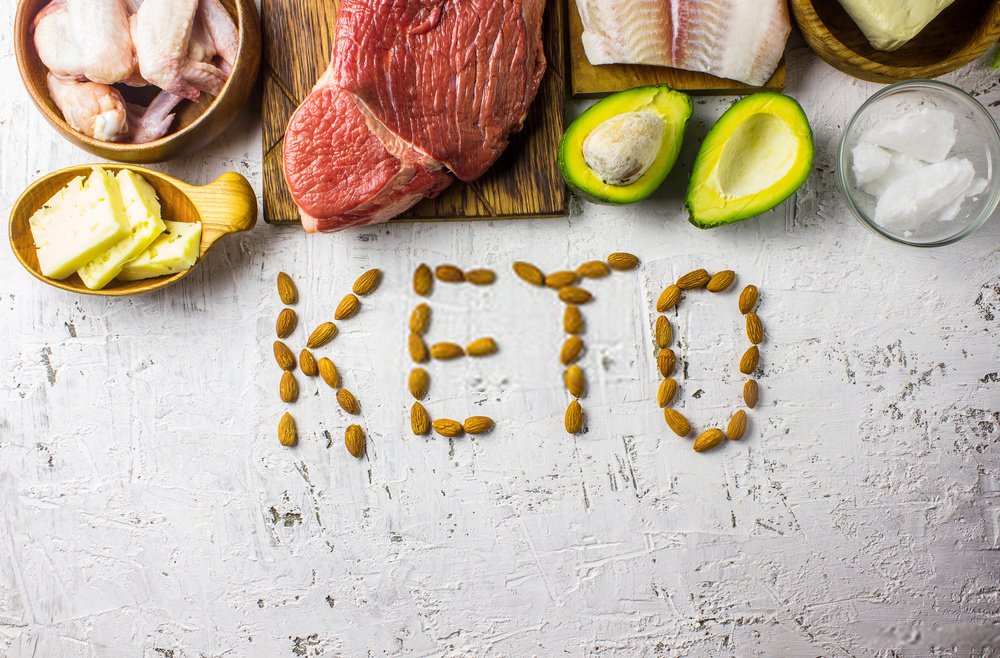 It will help not only reduce the harm of coffee, but also teach you to simply calm down and relax, to be here and now. These skills are essential in order to get rid of panic and anxiety forever.
It will help not only reduce the harm of coffee, but also teach you to simply calm down and relax, to be here and now. These skills are essential in order to get rid of panic and anxiety forever.
Reduce your caffeine intake.
This is an alternative to completely giving up coffee. You can simply gradually reduce your daily serving of coffee until coffee no longer causes anxiety, disturbs your sleep and provokes nervousness. As for the quantity, it is all very subjective: someone will not notice a couple of cups, and someone will develop anxiety from a few sips. In general, watch your body and its reaction. Based on this, adjust the amount of daily caffeine intake.
No nicotine!
Smoking not only has a devastating effect on the body, but also increases anxiety and anxiety. Yes, everything is exactly so, despite the strong belief of smokers that cigarettes “calm”. Studies show that smokers in general are more prone to stress, anxiety, and anxiety than non-smokers.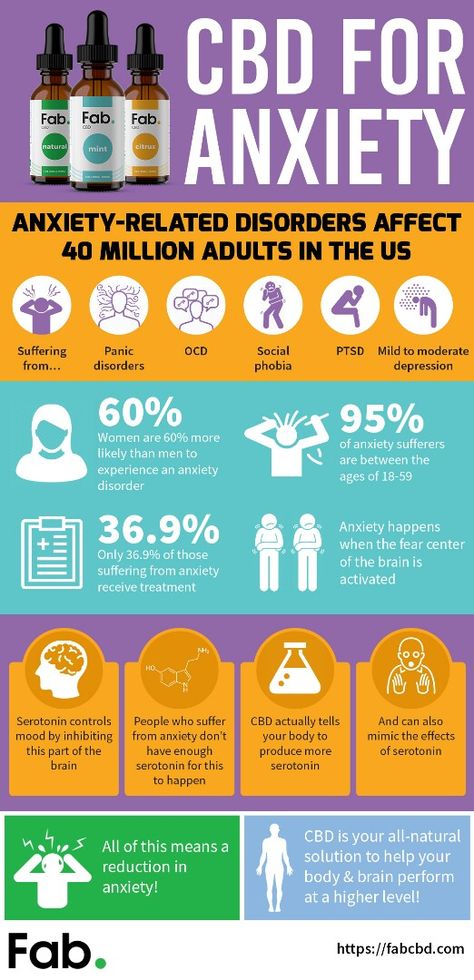 This is due to the harmful effects of nicotine, which creates a load on the heart, disrupts the functioning of the nervous and vascular systems.
This is due to the harmful effects of nicotine, which creates a load on the heart, disrupts the functioning of the nervous and vascular systems.
I am convinced that the short-term calming effect that a smoker feels after a cigarette is not at all connected with nicotine (which is a stimulant and excites the nervous system, and does not calm), but with slow inhalations and exhalations through the mouth during puffs, which resemble relaxation breathing exercises which I also teach my students.
In general, stop smoking!
No to alcohol
I think it would be superfluous to write what a destructive effect alcohol has on the nervous system. Alcohol is one of the most dangerous and harmful drugs! I think my personal experience, rather than dry scientific calculations, will be a much more decisive argument in favor of the refusal of alcoholic beverages. When I suffered from panic attacks, I got into the habit of drinking at night to sleep. But the relief was short-lived.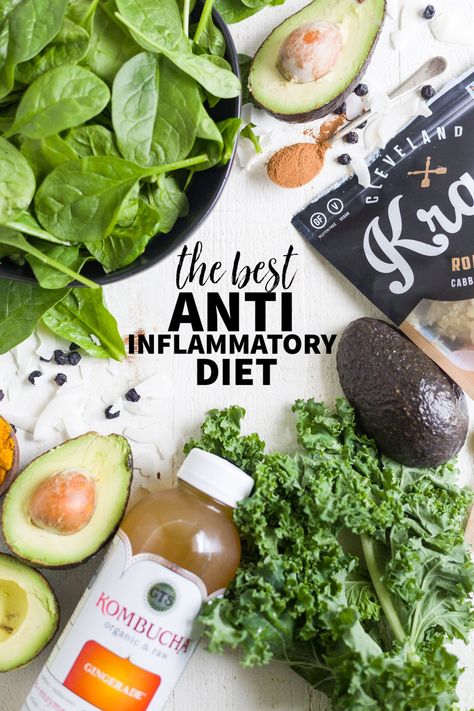 The next day, panic attacked me with renewed vigor, fueled by a hangover. These attacks could torment me until the evening!
The next day, panic attacked me with renewed vigor, fueled by a hangover. These attacks could torment me until the evening!
Many students in my course ask if it's okay to have, say, a glass of wine sometimes. In principle, in small quantities, alcohol is not so terrible. It's just that many people do not know how to just drink a "glass of wine", for them it develops into a booze. You can afford it, if only you are sure that you control the amount of alcohol you drink well.
Read the article "how to stop drinking consciously."
No stress-increasing eating habits
What do I mean? In one wonderful book on dealing with anxiety and panic, it is written that it is important not only what you eat, but how you eat! The following habits may increase anxiety:
- Eating too fast or on the go
- Do not chew food thoroughly. (It is recommended to do at least 15 chewing movements after the food has entered the mouth. You must first “digest” it in the mouth so that the stomach absorbs it more easily and quickly)
- Eating too much before feeling overwhelmed
- Drink plenty of water during meals.
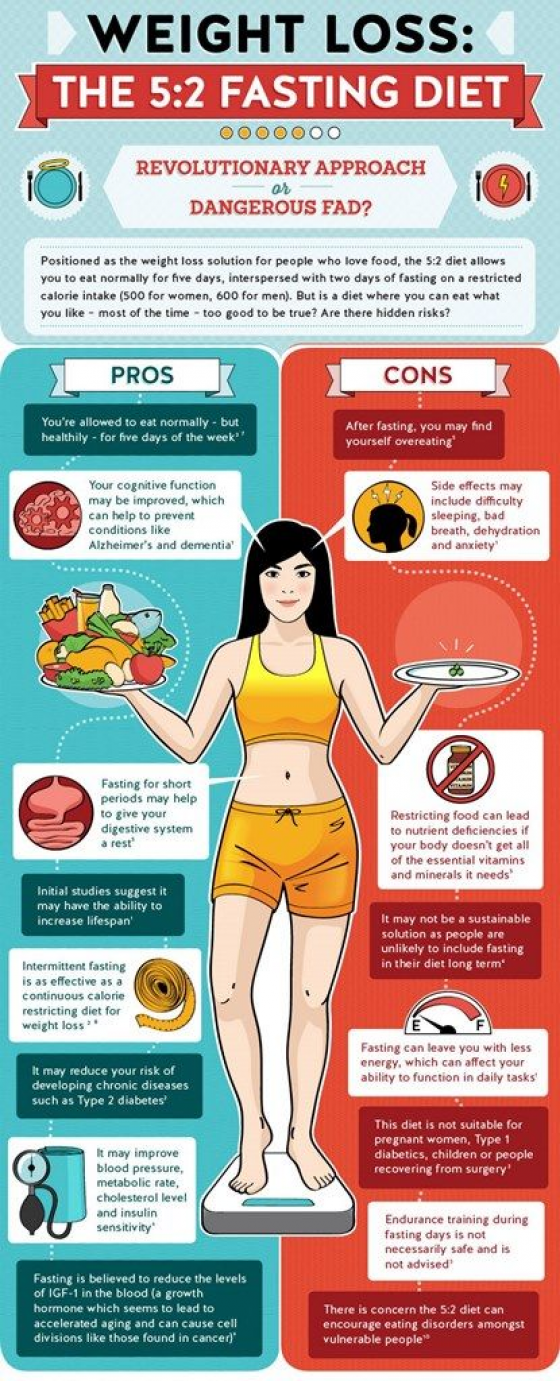 Large volumes of liquid "dilute" the gastric juices, making digestion difficult
Large volumes of liquid "dilute" the gastric juices, making digestion difficult
Too much haste in eating leads to the fact that many useful elements do not have time to be assimilated, part of the precious food is “waste”. And what is needed in order to chew food thoroughly and not rush? Someone must have already figured it out. It is consciously! If you do not want to turn dinner into a source of stress, but rather, want to calm down and relax, then try to keep all your attention on the process of eating. Take your time to swallow it, focus on its taste, notice how saliva is secreted, how it passes through the esophagus, and then warms the stomach. So you turn your meal into a kind of little meditation. Get rid of the habit of watching TV at dinner or having lunch in front of the monitor. There is a wonderful Chinese proverb: "When I eat, I eat." If you follow it, you will become much calmer!
Less salt!
Too much salt can deplete the body of potassium, a mineral that plays an important role in the functioning of the nervous system. In addition, salt raises blood pressure, placing additional strain on the heart system.
In addition, salt raises blood pressure, placing additional strain on the heart system.
Of course, I'm not calling for a complete rejection of salt, but simply to reduce the consumption of foods with a high content of sodium chloride. In stores, you can find salt in which part of the sodium salts is replaced by magnesium and potassium salts.
Less sugar!
Data on the association of sugar with anxiety and worry is conflicting. There is no proven evidence that sugar can directly cause anxiety symptoms. However, sugar as a “fast carbohydrate” can create an additional load on the body, cause addiction, provoke hypoglycemia (which, by the way, symptoms are similar to those of PA) or diabetes, hyperacidity, which in turn can affect the level of anxiety.
Protein, more or less?
Everything is more complicated with proteins. On the one hand, many proteins (particularly animal proteins) increase the acidity of the body, which can increase anxiety levels.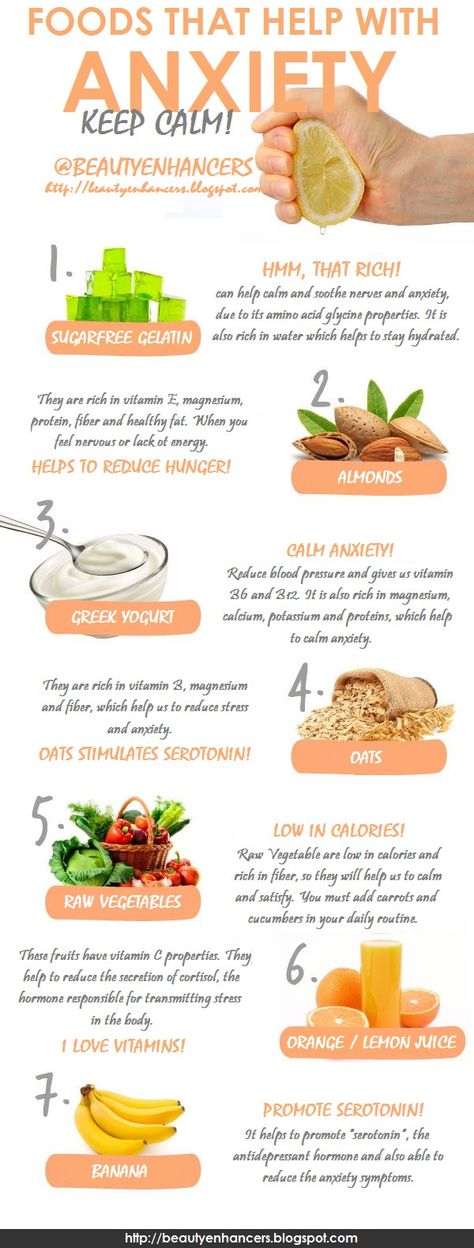 Also, animal meat may contain hormones that adversely affect the functioning of the body. On the other hand, protein contains the "feel good" amino acid tryptophan, which converts to serotonin, the "happiness neurotransmitter," and higher carbohydrates relative to protein in the diet raises insulin levels, which, according to some, also increases anxiety. Meat also contains B vitamins valuable for the functioning of the nervous system.
Also, animal meat may contain hormones that adversely affect the functioning of the body. On the other hand, protein contains the "feel good" amino acid tryptophan, which converts to serotonin, the "happiness neurotransmitter," and higher carbohydrates relative to protein in the diet raises insulin levels, which, according to some, also increases anxiety. Meat also contains B vitamins valuable for the functioning of the nervous system.
Based on the above, my personal advice is: don't bother with protein. Eat how much you eat. The only thing better to do is to monitor the quality of the meat you eat and increase the amount of vegetable protein in the animal's diet (legumes, nuts) to avoid acidity and excessive hormones that can be found in animal foods.
Why say yes?
Yes to vitamins!
If you suffer from anxiety, then you are primarily interested in B vitamins, as well as vitamins C and D.
B vitamins play an important role in the functioning of the nervous system, enabling the body to effectively deal with stress.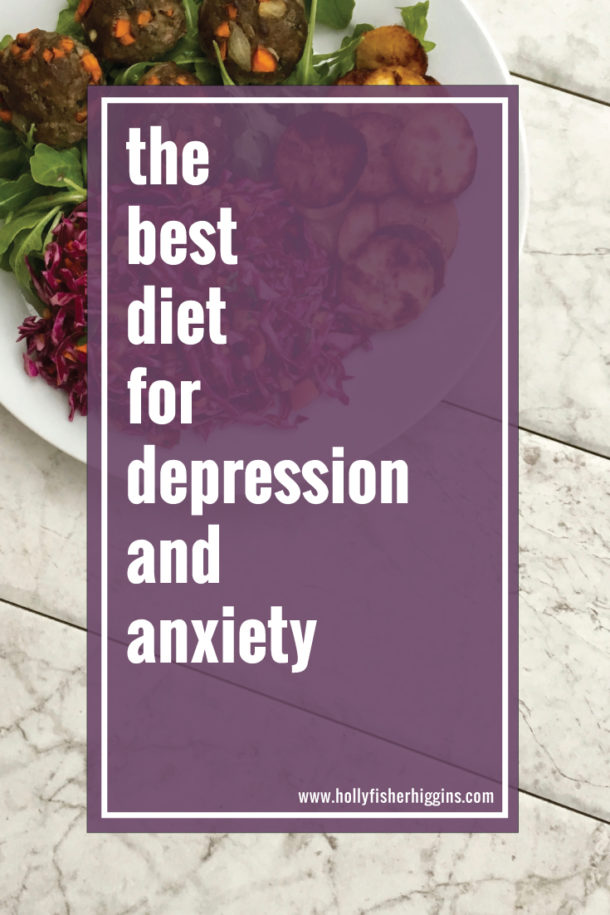 The B group of vitamins contains a number of useful substances (B6, B12, biotin, thiamine, etc.). These substances are found in various foods, such as meat, dairy products, and fish. Also complex vitamins from pharmacies can solve the problem of lack of these substances.
The B group of vitamins contains a number of useful substances (B6, B12, biotin, thiamine, etc.). These substances are found in various foods, such as meat, dairy products, and fish. Also complex vitamins from pharmacies can solve the problem of lack of these substances.
Everyone knows that vitamin C improves immunity. But not everyone knows that this substance is involved in the work of the adrenal glands, which just throw out adrenaline familiar to all "alarmists". So try to get enough vitamin C. This will improve adrenal function, which, according to some reports, reduces the likelihood of an "untimely" release of adrenaline in the absence of immediate danger, which occurs during a panic attack. A lot of this vitamin is found in fruits, berries, and many vegetables.
Some researchers believe that a lack of vitamin D can lead to Seasonal Affective Disorder or so-called "winter depression" caused by lack of sunlight. To make up for this deficiency, it is recommended to eat more oily fish, such as herring or foods that contain artificial vitamin D.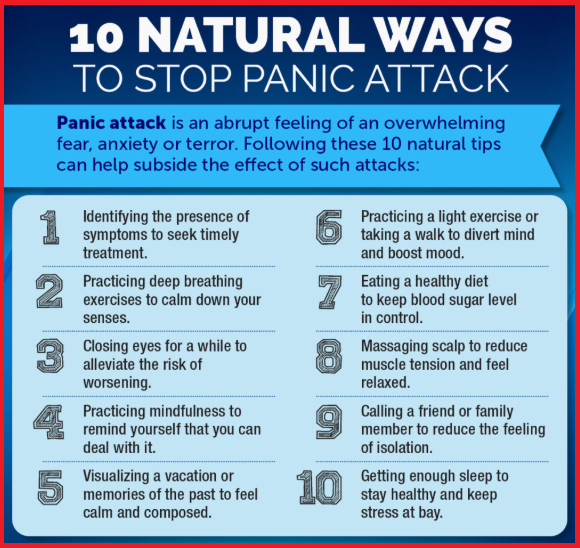
Yes to minerals!
Try to get more calcium and magnesium. Calcium ensures the normal functioning of the nervous system. This mineral is involved in the process of signal transmission from one nerve cell to another. Its deficiency can lead to "overexcitation" of cells, which is probably one of the physiological causes of anxiety.
Calcium is found in abundance in dairy products, fish, and spinach.
Many Western researchers, as well as my students, give positive feedback about the use of magnesium in the prevention of anxiety. Magnesium also appears to help reduce anxiety levels. Magnesium is found in yogurt, kefir, spinach, almonds, bananas, mineral water and dark chocolate. Also available in tablets.
Yes to amino acids!
Amino acids are the building blocks of proteins. The lack of certain amino acids can lead to various unpleasant consequences for the body, including anxiety.
I recommend to pay attention to the sufficient consumption of foods containing the following amino acids.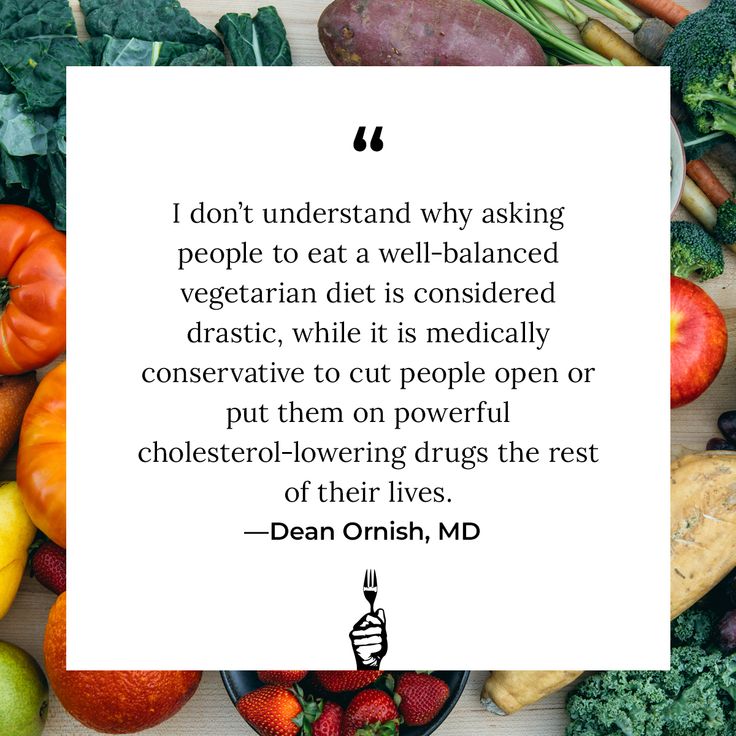
Tryptophan. As I already wrote, this amino acid is converted into serotonin. Sufficient content of it in the body is important for maintaining good health. What's more, some studies have shown that tryptophan is as effective in relieving symptoms of depression, anxiety, and insomnia as some antidepressants. Tryptophan is found in abundance in eggs, cod, soy, cheese, and turkey.
Theanine. This amino acid increases serotonin, dopamine, gamma-aminobutyric acid and glycine in various areas of the brain, boosting your mood and calmness levels. Theanine is found in many types of tea. Maybe that's why green tea, despite its caffeine content, has a more calming effect than coffee.
Tyrosine. Many studies testify to the antidepressant effect of this amino acid. Tyrosine is found in algae, soy, eggs, fish, and turkey.
Yes Omega 3 fatty acids
I haven't seen the time when it was fashionable to give fish oil to children, but I can imagine how disgusting it can taste.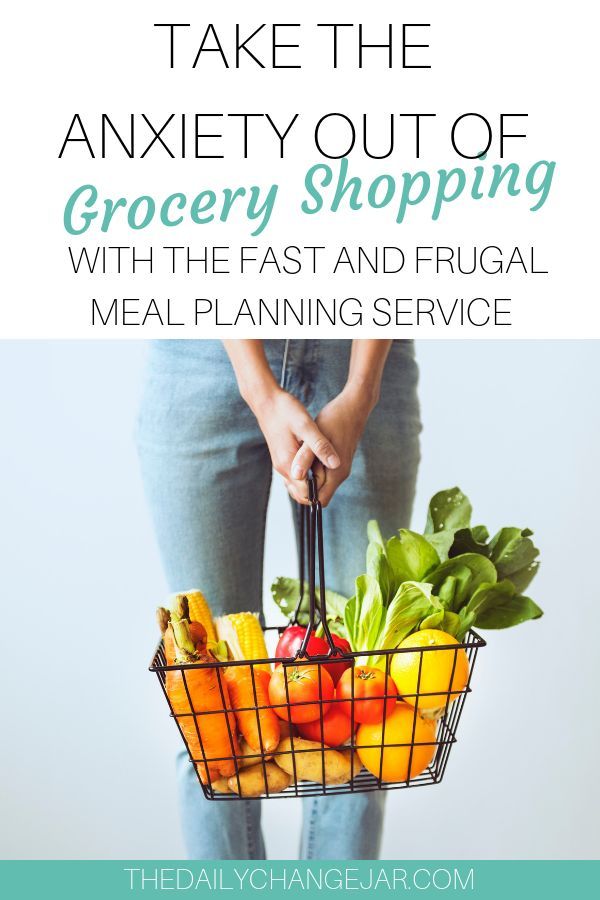 Fortunately, there are now more ways to get the omega-3 fatty acids that are important for the functioning of the nervous system and the brain. They can be taken both in tablets and as part of fish oil capsules, or simply by consuming more oily fish in food.
Fortunately, there are now more ways to get the omega-3 fatty acids that are important for the functioning of the nervous system and the brain. They can be taken both in tablets and as part of fish oil capsules, or simply by consuming more oily fish in food.
Yes to water!
Doctors recommend drinking 2 - 2.5 liters of pure water per day. Naturally, the hotter the climate in which you live, the more intense the load, the higher this figure will be. I recommend heeding this advice.
What is in general?
I understand that after reading these recommendations, my head can spin: how to plan your diet, because there are so many different tips? In fact, everything is easier than it seems. Now I summarize.
Your food should be as varied as possible: it should contain not only meat and pasta, but also an abundance of both fresh and cooked vegetables, fresh fish, quality dairy products. Do not lose sight of fruits and berries containing a lot of valuable vitamins.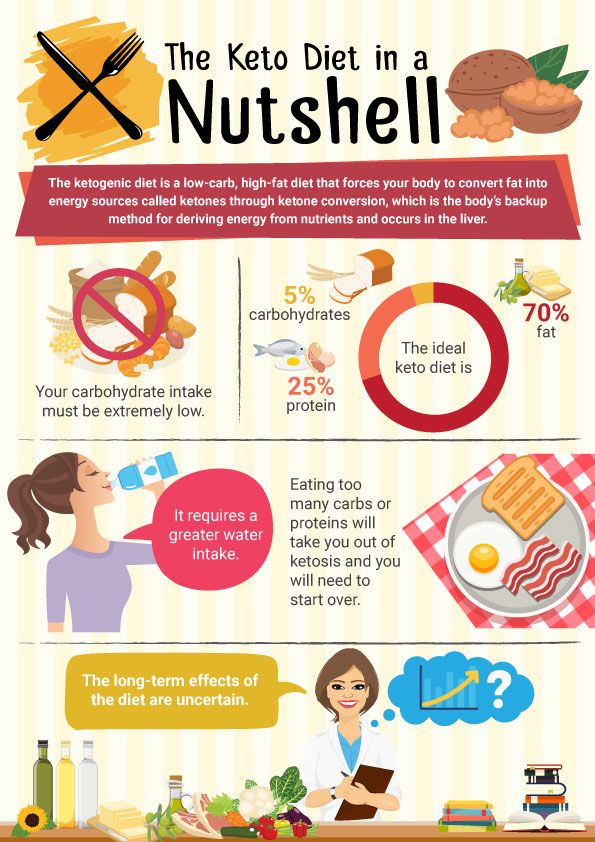 Avoid fast food.
Avoid fast food.
My personal opinion is that homemade food cooked for yourself and with love is much better and healthier than restaurant food.
Watch how much water you drink: get in the habit of drinking a glass of clean water first thing when you wake up. Do not abuse sweets. Avoid excessive alcohol consumption. Give up cigarettes. Minimize the use of caffeine, it is preferable to use it in the composition of green tea (only not tea bags).
It is clear that each of you cannot be expected to apply these tips accurately and 100%. This is normal, we are all people who sometimes want something sweet or something tasty, but harmful. And, of course, fresh fruits and vegetables are not always available all year round. It's OK. Don't be fanatical about this, please, fanaticism leads to tension, which in turn leads to anxiety. It will be great if you integrate these tips into your life at least often. Although I, of course, insist that you give up smoking completely.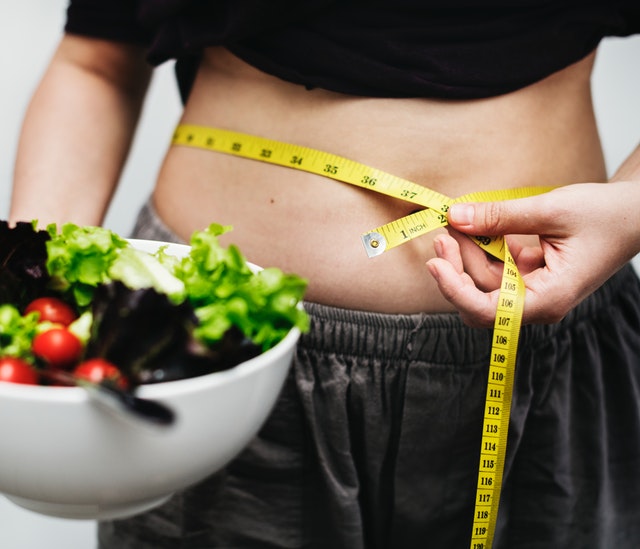
Many of you may have noticed that there is nothing magical about these tips. In principle, they can be attributed not only to an anti-stress diet, but to a healthy diet in general! Why so? Because our level of anxiety is very closely related to the state of the immune, cardiovascular, nervous systems, the work of which is partly dependent on nutrition.
However, after reading this article, I don’t want you to develop a phobia about food, which will be expressed in the fact that you begin to avoid certain foods severely, and at the time of a panic attack, convulsively stir up your memory for an object : “what did I eat today that caused a panic?” Therefore, once again I remind you that the diet in most cases will not remove anxiety and panic attacks. She can just bring them down.
But the most important thing is that a healthy diet (and, as a result, a healthy state of the body, the nervous system) will simply make it easier for you to work psychologically with anxiety and panic.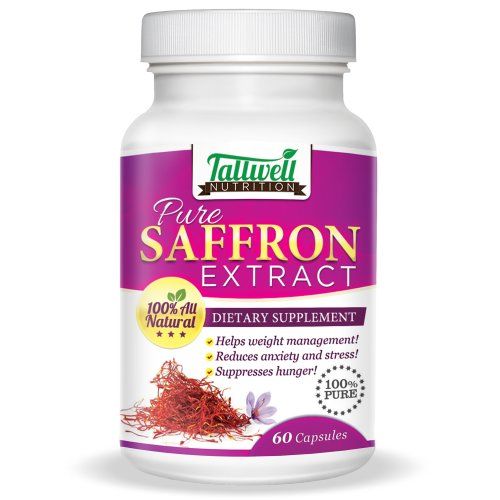 I mean working on accepting and releasing fear, controlling anxious thoughts, improving concentration and ability to relax, getting rid of negative attitudes, eliminating private phobias, etc. etc.
I mean working on accepting and releasing fear, controlling anxious thoughts, improving concentration and ability to relax, getting rid of negative attitudes, eliminating private phobias, etc. etc.
To get rid of panic and anxiety, diet alone is not enough, just as physical exercise is not enough. However, both of these things will make it easier for you to finally get rid of anxiety. You can not get rid of psychological ailments overnight. It is necessary to carry out a comprehensive and consistent work, one of the elements of which is an anti-stress diet. And I wish you success on this path. I hope this article was helpful for you!
9 foods that reduce stress and anxiety
September 5Health
Try antidepressants, generously provided by nature.
Share
0 You can listen to the article. If it's more convenient for you, turn on the podcast.
1. Salmon
Photo: yelenayemchuk / Depositphotos Salmon contains many nutrients that promote brain health.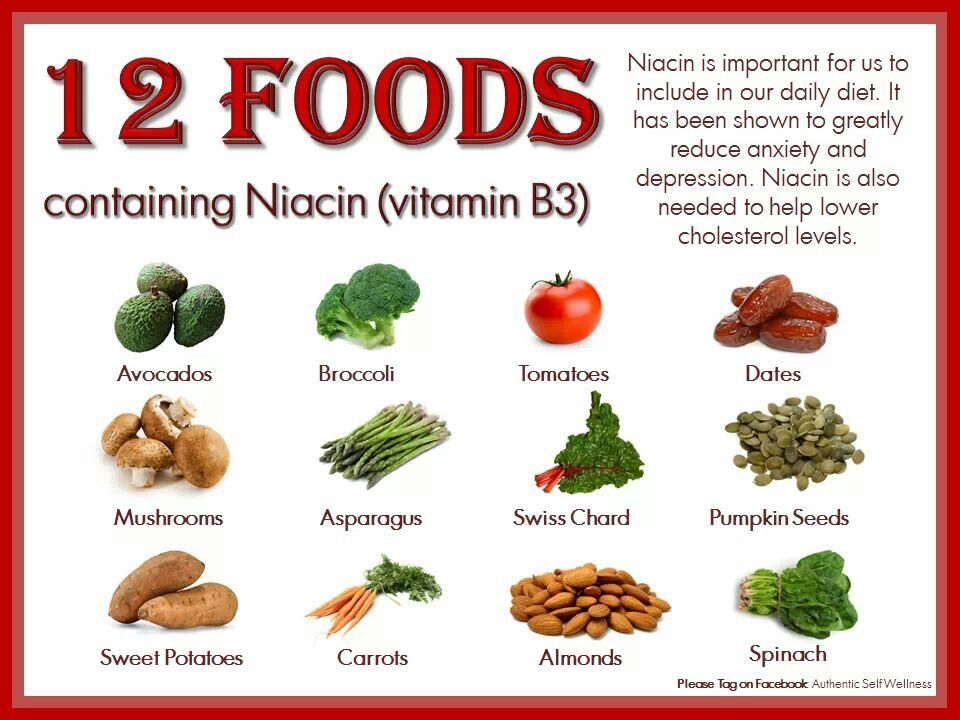 These are vitamin D, omega-3 fatty acids, eicosapentaenoic (EPA) and docosahexaenoic (DHA) acids.
These are vitamin D, omega-3 fatty acids, eicosapentaenoic (EPA) and docosahexaenoic (DHA) acids.
Omega-3s, EPA and DHA help the body produce the hormones dopamine and serotonin, which have a calming and relaxing effect. And the absorption of vitamin D avoids neurocognitive dysfunction, promotes brain health, and also promotes calm.
In one experiment, researchers from the University of Bergen (Norway) found that people who ate Atlantic salmon meat three times a week for five months experienced less stress than those who preferred chicken, pork or beef. In addition, their heart rate and heart rate variability improved.
2. Chamomile
Photo: ls992007 / DepositphotosTraditionally, chamomile tea is believed to help calm the nerves, and this is one case where folk wisdom is backed up by science. Chamomile is high in antioxidants, which have been shown to reduce inflammation and may reduce the risk of anxiety.
Studies show that chamomile can help relieve anxiety, even for people diagnosed with generalized anxiety disorder.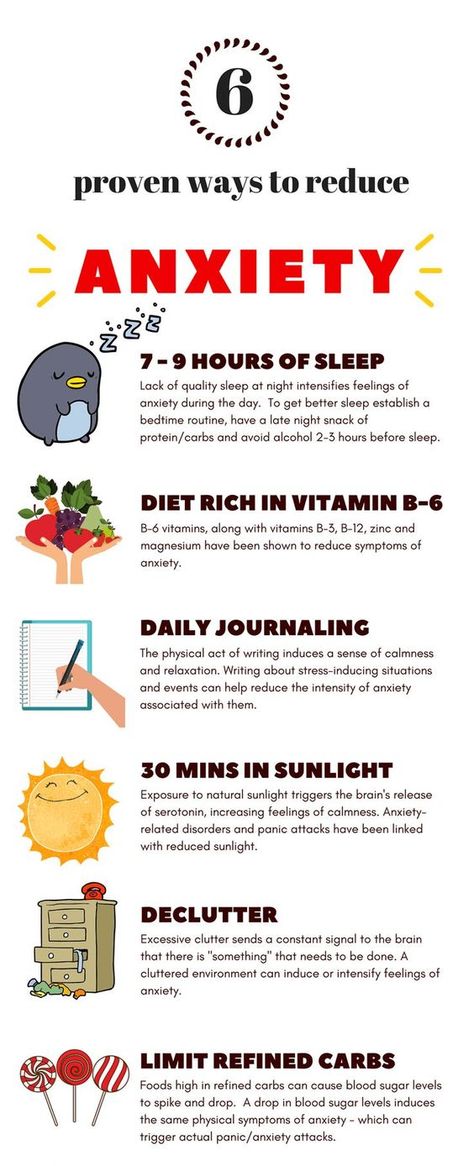 And one experiment showed that subjects who consumed chamomile extract for eight weeks experienced a reduction in symptoms of depression and anxiety.
And one experiment showed that subjects who consumed chamomile extract for eight weeks experienced a reduction in symptoms of depression and anxiety.
3. Chocolate
Photo: bhofack2 / DepositphotosThe fact that chocolate reduces stress and in general is one concentrated "happiness hormone" is known to everyone. It increases the level of serotonin, which reduces stress and anxiety. In addition, dark chocolate contains flavanols, which improve brain function, help it adapt to stressful situations and relieve anxiety.
It is traditionally believed that bitter tiles are the most useful. But studies show that the milk version is more effective in reducing anxiety. So, if you do not like bitterness, there is no point in forcing yourself to eat the “right” chocolate. However, remember that this is a very high-calorie product and it is better not to abuse it.
4. Brazil nuts
Photo: HandmadePicture / Depositphotos Brazil nuts, the fruit of a tree called Bertoletia, contain a lot of vitamin E, low levels of which lead to depression.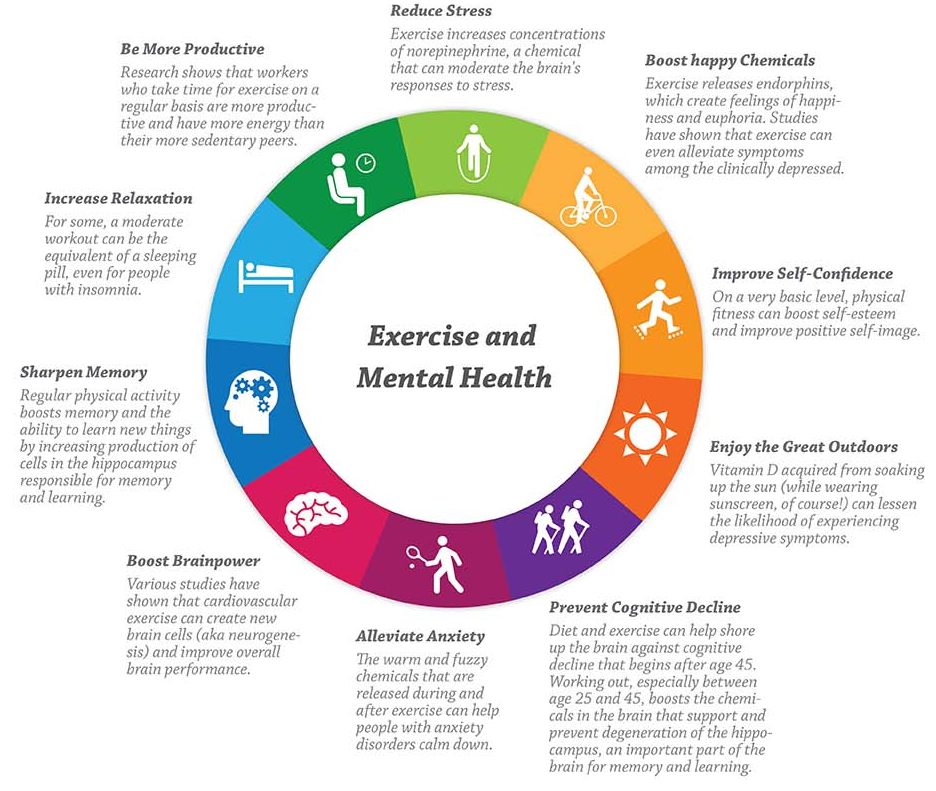
They also have a high selenium content. This substance has antioxidant properties and has a good effect on mood. However, too much selenium should not be consumed. The recommended daily allowance for adults is 400 micrograms. So don't eat more than three or four Brazil nuts a day.
5. Turmeric
Photo: fortyforks / DepositphotosTurmeric is a spice that contains a compound called curcumin. It is very beneficial for promoting brain health and preventing anxiety disorders. Curcumin also has powerful antioxidant and anti-inflammatory properties, which are also good for brain cells.
In addition, the use of oriental spice reduces the body's production of inflammatory markers such as cytokines, which are responsible for increased anxiety.
6. Bananas
Photo: AntonMatyukha / Depositphotos Bananas contain large amounts of tryptophan, an amino acid involved in the production of serotonin in the body. This means that they contribute to relaxation and anxiety relief.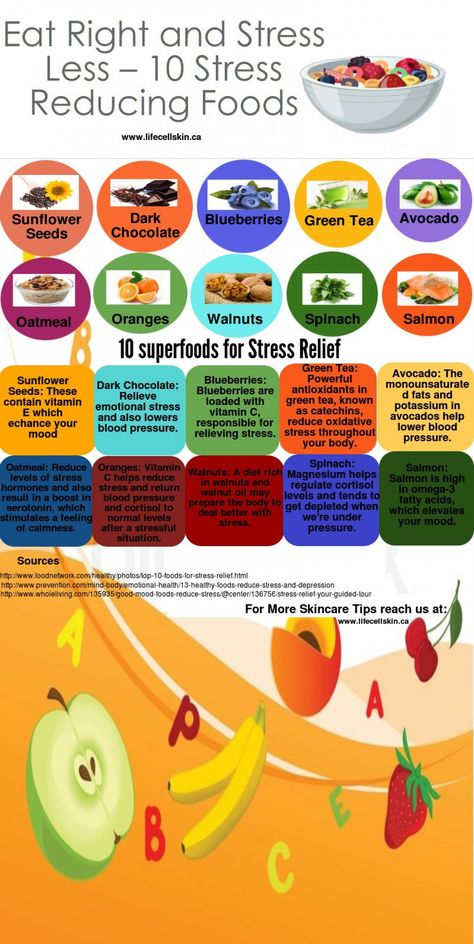 In addition, bananas are full of magnesium and potassium, the lack of which leads to stress.
In addition, bananas are full of magnesium and potassium, the lack of which leads to stress.
7. Eggs
Photo: nblxer / DepositphotosEggs are an excellent source of vitamin D, a deficiency of which leads to depression and anxiety. The use of this product improves well-being and mood. In addition, eggs contain tryptophan, which, as already mentioned, is involved in the production of serotonin.
8. Yogurt
Photo: tashka2000 / DepositphotosProbiotics and other beneficial bacteria found in yogurt have a beneficial effect on mental health. Studies show that products with these components suppress free radicals and neurotoxins, helping to protect the nervous tissue of the brain.
Anxiety sufferers who consume daily probiotic yogurt have been experimentally shown to cope with stress more easily than those who consume the non-probiotic version. A product with beneficial bacteria improves the functioning of the areas of the brain that control emotions and sensations.